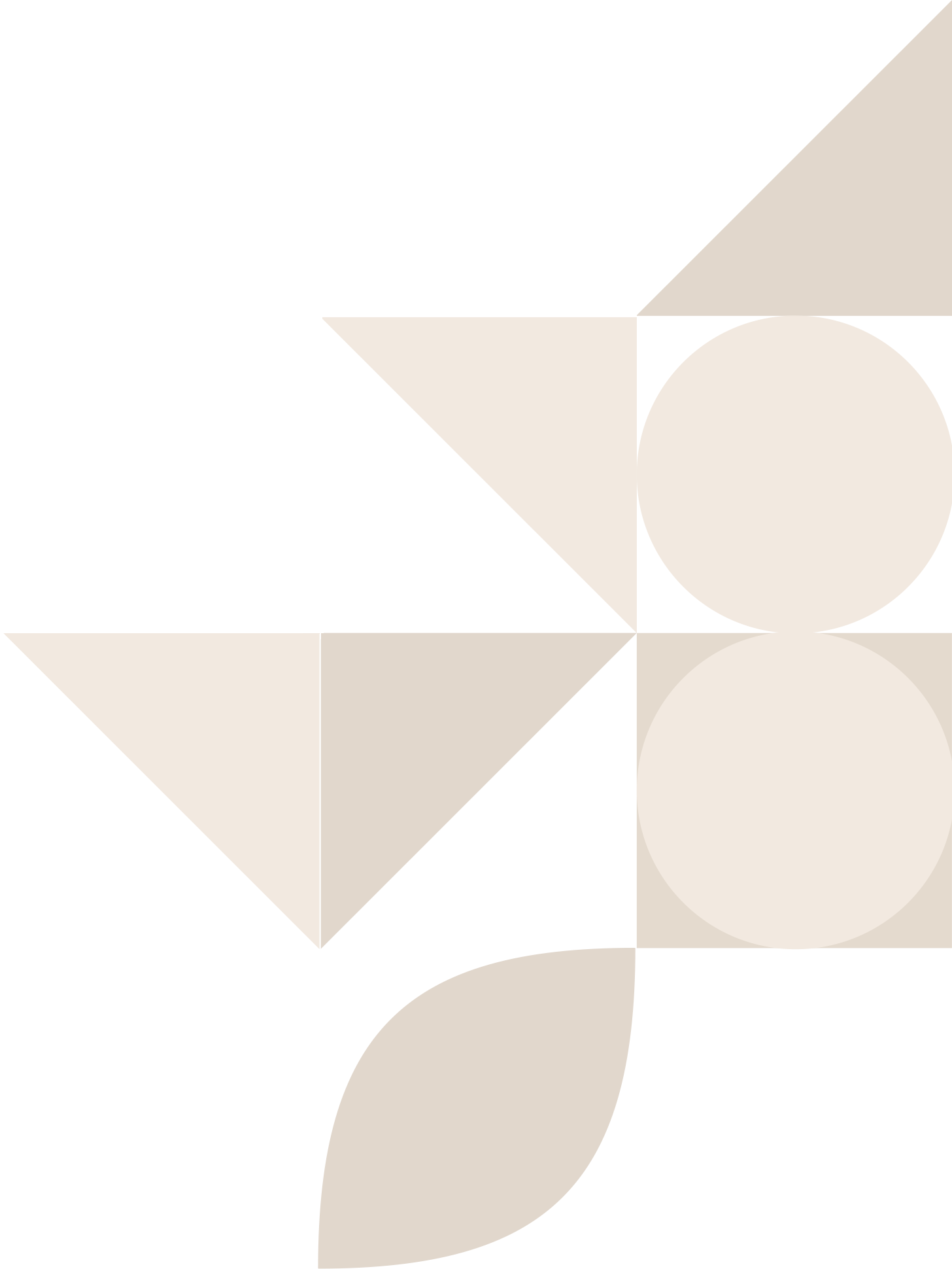Ecstasy (MDMA) heette ooit Therapy 💊
Ik durfde nooit drugs te gebruiken; het stond voor mij gelijk aan bezweet dansen tussen vijfduizend anderen en heel hard in mensen hun oren tetteren.
Tot een vriendin zei: MDMA is niet alleen voor grote feesten, het is juist ook voor thuis.
Zij organiseerde een ‘mdmavond’ speciaal voor mij. Muziek, gesprekken, uitzicht, glunderend genieten. Sindsdien probeer ik mensen waarvoor het me leuk lijkt dat mee te maken zoiets een keer te geven.
Dit artikel laat precies zien waarom dat zo belangrijk is, zo goed kan werken. MDMA maakt oprecht contact makkelijker, en zorgt daardoor voor verbinding. Met mensen die je naast zijn, of je therapeut…
Het artikel begint met een verhaal van iemand (John) die om hulp vraagt en toevallig drie mensen aan de MDMA treft, zij zijn daardoor compleet invested in zijn verhaal, nemen alle tijd en helpen hem verder.
Ecstasy heette ooit therapy…
Lees dit artikel, en ontdek wat MDMA voor jou kan betekenen. Hopelijk neem je eens de tijd om, met of zonder MDMA, zo’n moment voor iemand te creëren!
Wat citaten:
“MDMA produces a substantial change in mental state that increases people’s ability to engage with traumatic material in psychotherapy.”
“Many people still think of MDMA as a chemical that makes you feel good when you go out dancing all night long. But what if its greatest power is an ability to inspire empathetic conversations?”
“In a Phase 2 clinical trial started in 2004, a hundred and seven people with a P.T.S.D. diagnosis received several weeks of talk therapy; during two of the sessions, about a month apart, participants received either MDMA or a placebo. When the study concluded, fifty-six per cent of those given MDMA and therapy no longer met the diagnostic criteria for the disorder, more than twice as many as those in the placebo group.”
“Therapy is a social pursuit: a good therapist provides not just insight and tools but a relationship in which it’s possible to change. When someone takes MDMA in the presence of a therapist, they might feel more supported and secure in this bond, and more able to dredge up painful feelings or hard memories without being overwhelmed by fear or shame.”
“It could be that MDMA simply intensifies something that’s already present in successful therapy. Therapy helps, in part, because human connection is good for us. It matters when someone listens to you, and when you listen. Recently, I reached out to John to ask him how he recalled our encounter in the dorm bathroom. On the phone, our old rapport quickly reëstablished itself; the longer we talked, the better I felt. When I asked about that day, he laughed and told me that he remembered our conversation as a soothing one. But he never suspected that we were on MDMA. “You guys were my friends,” he recalled. “I knew you were empathetic people.” That had been enough.”
Want to join the discussion or bookmark this post for later?




